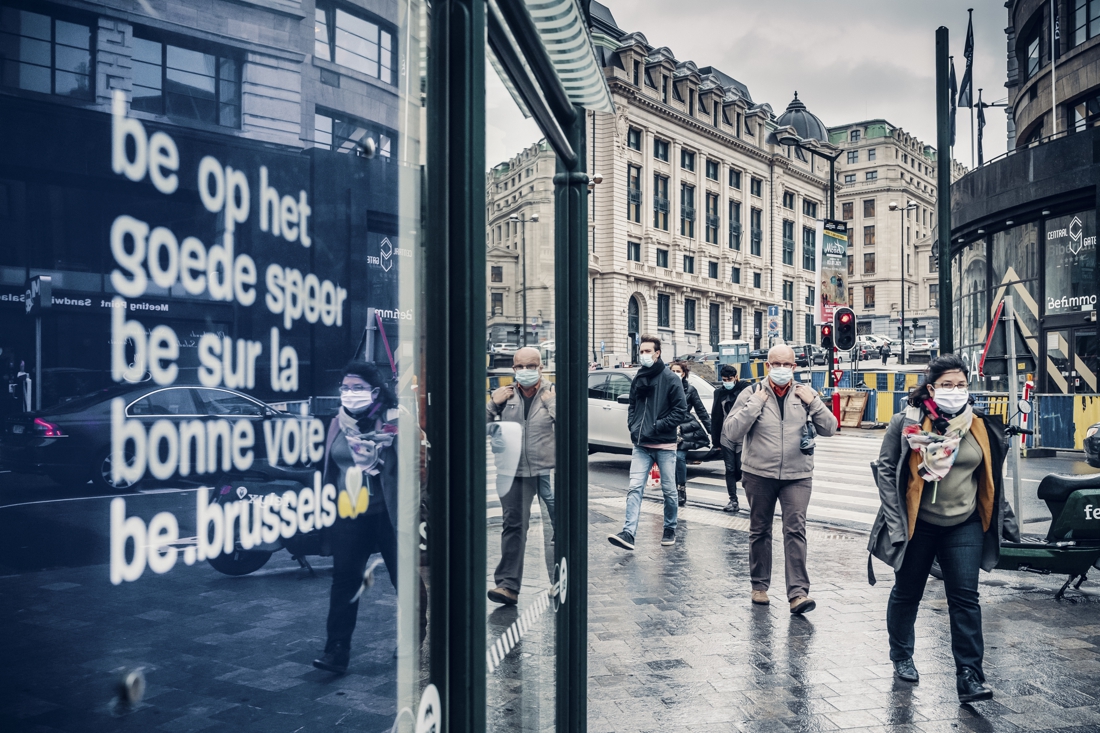Brussels –
The inhabitants of the Brussels region have been hit hard by the corona crisis in 2020, in terms of poverty, social inequality and mental health. The Welfare Barometer 2020 of the Observatory for Health and Welfare shows how the impact has serious consequences for the living conditions of the inhabitants of Brussels.
–
The mental health of the inhabitants of the Brussels region has suffered greatly from the corona pandemic. In December 2020, 18 percent of the Brussels population suffered from major depression and 75 percent from sleep disorders. That is a doubling compared to 6 percent and 33 percent respectively before the crisis. In addition, people with socio-economic difficulties are more severely affected here.
Social inequality is greater in the Brussels region than in the other two regions, especially in financial terms. At the Belgian level, people have been able to save more on average, but in Brussels at the same time 30 percent of the population has suffered a loss of income. Applications to the OCMW have increased. The number of people receiving a living wage in the region rose from 39,703 people in January 2020 to 43,481 in December 2020. An increase of 9.5 percent, or 3,778 people.
Income drop
The Well-Being Barometer shows that the fall in income will become a major point of attention in the medium and longer term. Especially for the less fortunate, because they are at greater risk of accumulating arrears and over-indebtedness. This mainly concerns rent arrears, evictions, unpaid water bills and energy debts. Between October 2019 and December 2020, the power of 1,839 Brussels customers was cut off by the commercial supplier.
– .


